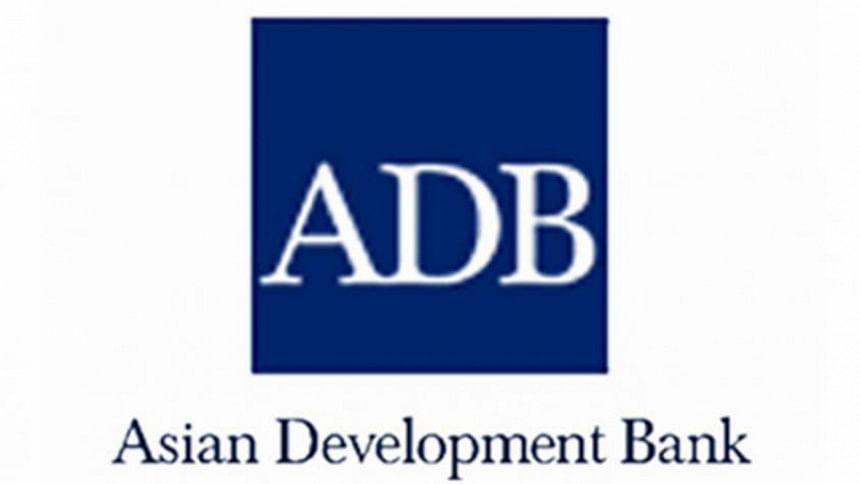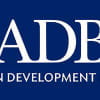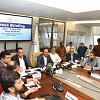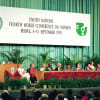ADB signs $30m loan for garment sector

The Asian Development Bank (ADB) has signed a $30-million loan deal with Brac Bank, which will be used to finance the construction and upgrade of garment factories in Bangladesh.
The loans will also be used to build effluent treatment plants in the textile and garment industry, the ADB said in a statement today.
Many factories still operate without effluent treatment plants, resulting in widespread water pollution, it said.
Water pollution is particularly hurting people in rural areas where communities rely on surface water for washing, bathing, irrigation and fishing.
“Bangladesh has been taking steps in conjunction with the international community, to make its factories safer and to improve conditions for workers,” said Biao Huang, investment specialist in ADB’s private sector operations department.
“But there is a substantial cost and a need for long-term funding that is not readily available from current sources.”
“This loan, with a five-year tenor, will help meet the need for longer term finance currently unavailable from local banks and international capital markets, and will be used exclusively by Brac Bank to finance socially and environmentally sustainable projects.”
Bangladesh is the world’s second largest exporter of textiles and garments, accounting for over 80 percent of the country’s merchandise exports in fiscal year 2014.
However, the industry has suffered setbacks after two disasters in recent years -- the Tazreen factory fire in 2012 and Rana Plaza building collapse in 2013.
In the wake of these events, the government entered into a compact with the European Union, the United States, and the International Labour Organisation to commit to improvements in building safety, labour rights, and business conduct.
Separate Accord and Alliance agreements have also been signed by global apparel companies, global and Bangladeshi trade unions, and non-governmental organisations to improve business conduct and worker safety.
Transforming the factories in line with the compact and other agreements, however, requires substantial outlays, with the cost estimated at around $250,000 to $400,000 per factory.
Given the lack of long-term funding available in Bangladesh, ADB’s loan will enable Brac Bank to offer longer tenor financing to companies wanting to upgrade and improve structural, safety and social standards at their factories.
The ADB will also be working with the bank on a rollout of a gender action plan, which will ensure factory upgrades that reflect the needs of women.
Women make up nearly 80 percent of all workers in the textile and garments industry in Bangladesh.

 For all latest news, follow The Daily Star's Google News channel.
For all latest news, follow The Daily Star's Google News channel. 








Comments